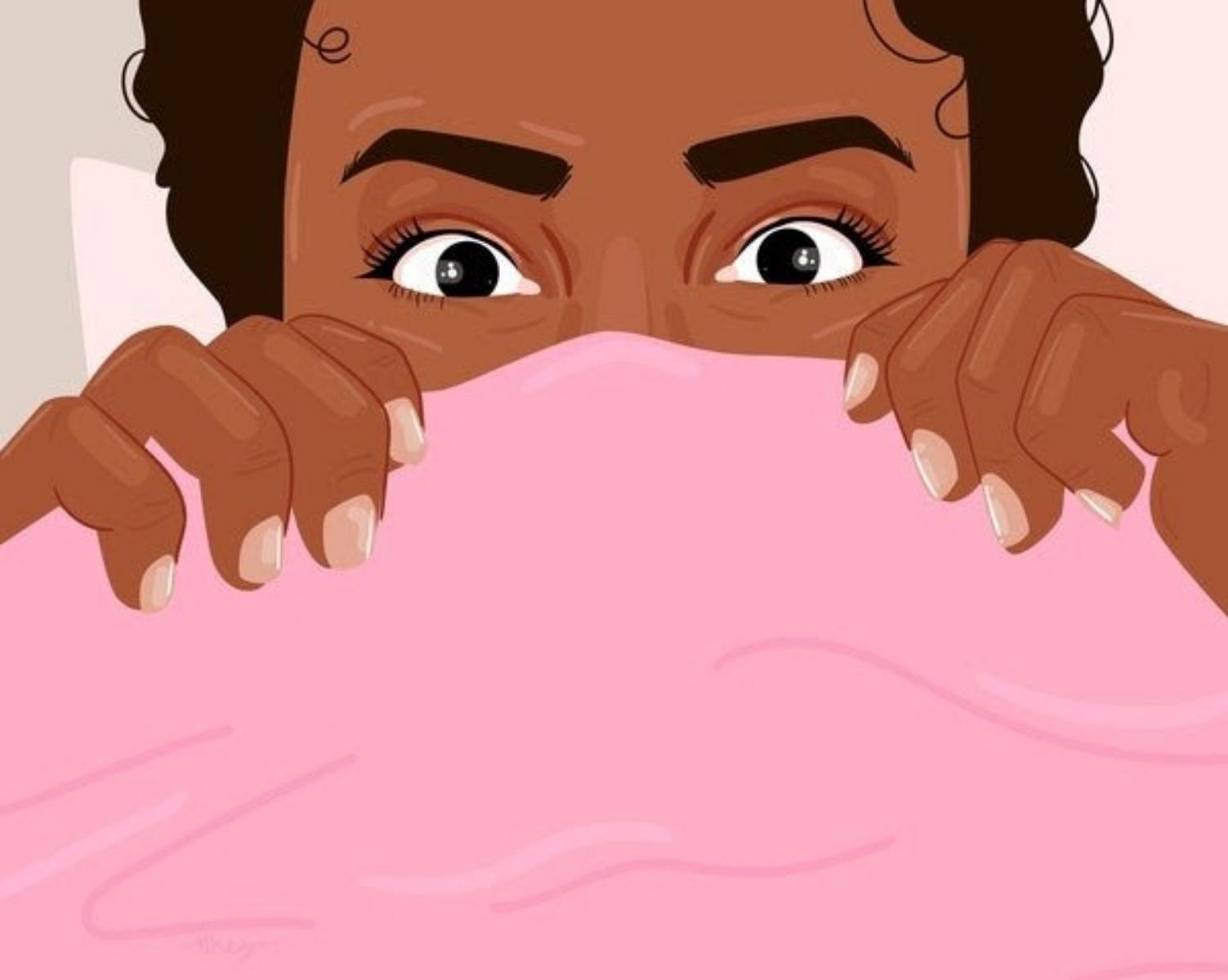Health conditions
- You’re more likely to have more vivid dreams if you’ve had some restless nights.
- Being pregnant is also a catalyst for vivid dreaming. Increased hormone production affects the way your brain processes thoughts and emotions.
- Mental health disorders such as depression and anxiety, as well as mood-related conditions, can trigger intense and sometimes disturbing or negative dreams and nightmares.
200
706 reads
CURATED FROM
IDEAS CURATED BY
The idea is part of this collection:
Learn more about health with this collection
How to practice self-compassion
How to identify and challenge negative self-talk
How to build self-confidence
Related collections
Similar ideas to Health conditions
Nightmare vs night terrors- know the difference
When it comes to comparing night terrors and nightmares, you might assume that they’re both bad dreams of varying intensities. But night terrors AKA sleep terrors are more than just super-intense nightmares . These are actuall...
Read & Learn
20x Faster
without
deepstash
with
deepstash
with
deepstash
Personalized microlearning
—
100+ Learning Journeys
—
Access to 200,000+ ideas
—
Access to the mobile app
—
Unlimited idea saving
—
—
Unlimited history
—
—
Unlimited listening to ideas
—
—
Downloading & offline access
—
—
Supercharge your mind with one idea per day
Enter your email and spend 1 minute every day to learn something new.
I agree to receive email updates
